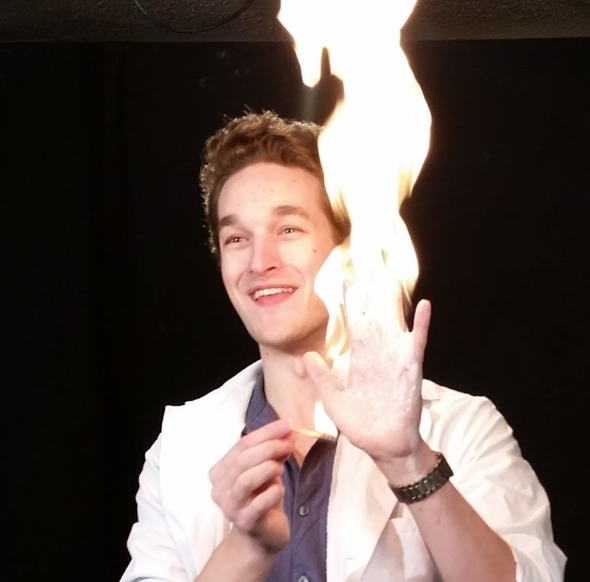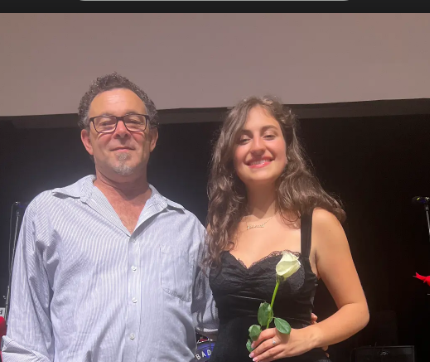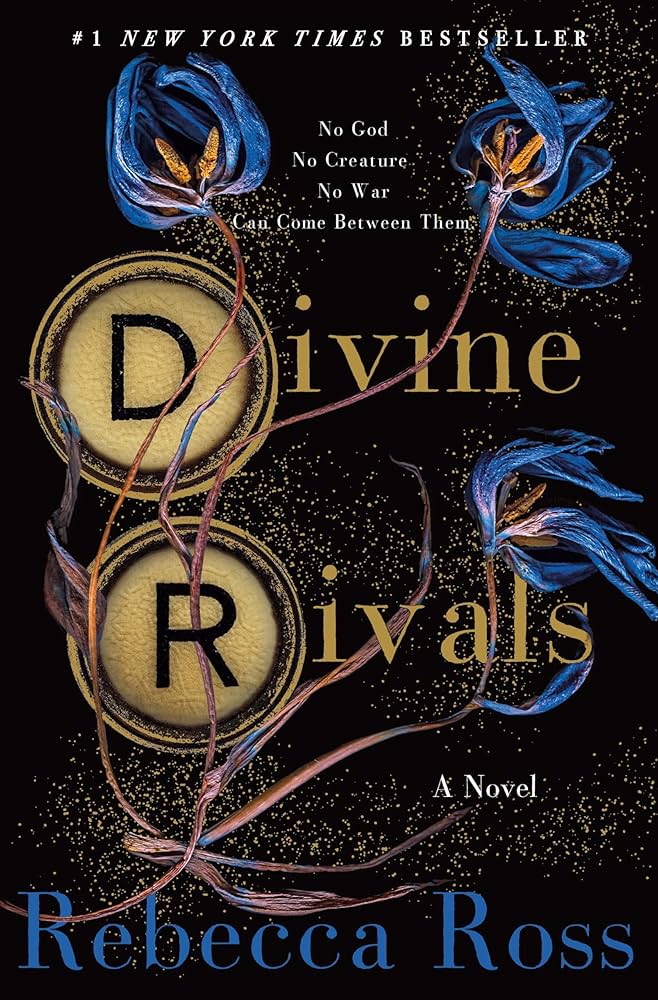
Forrest Valkai, or some may know him as Renegadescienceteacher, is a science educator from various platforms such as Instagram, Youtube, and Tiktok. He is most passionate and knowledgeable about biology. His passion and charisma are unmatched, not just compared to other science-oriented creators, but just other content creators in general. He encourages people to keep learning and always question everything. Although I have become more interested in fields outside of natural science, I honestly feel that if I discovered Forrest a few years ago, I would have absolutely considered the study of science as a career choice. However, that may not be completely out of my own wheelhouse. He makes science familiar yet different. Forrest is one of the best science creators out there because of his skepticism, how he condenses content that is digestible, and his explanation of reality as a whole.
I think one thing that should be noted is that Forrest is an atheist. While I am not turned off by it, I know it can be discouraging to some who are more religious. I hope that does not change the overall quality of his content. He has a series known as Reacteria where he attempts to debunk claims about evolution and the Big Bang Theory that are false. I think videos like those help evaluate the meaning of a strawman fallacy or an argument that is meant to over exaggerate and/or purposefully misrepresent the opponent’s arguments to make it a lot more accessible to refute. I hope most people will not feel disheartened enough about that to not be willing to watch his content. To this point, he completely changed my perspective on evolution and the Big Bang itself.
Evolution is the process where a species changes appearance, capabilities, and so on to better suit its environment and the dangers that may lurk within it. They do so according to natural selection and mutations. Most people know this, including myself. Forrest changed my view of evolution, however, by explaining that it is not about a species becoming the most powerful, strong, long-lasting organism on the planet. All evolution is a species adapting to its environment meaning that the qualities or abilities they had previously may no longer be useful and therefore may lose that ability. Another way of looking at it is that although we share common ancestors with chimpanzees, apes, gorillas, etc. They are not all striving to become human as a definitive end goal. Another example from his videos is that when the infamous asteroid that killed the dinosaurs occurred, it only killed the ones in the vicinity of where the asteroid hit and did not kill every last one from the direct impact. The asteroid caused rapid climate change which resulted in the remaining dinosaurs to die from starvation or by being in harsh conditions, and evolved to become our modern-day birds.
Going back even further, Forrest also changed my perspective on the Big Bang Theory. Forrest suggests that the name of the Big Bang Theory is a misnomer as the phrase was founded by people making fun of the idea. What the Big Bang actually was was more like an expansion or stretching of the universe or what Forrest calls the everywhere stretch. From where did this stretch originate? We will probably never know. It is best to think of it like raisin bread; as the universe expands or stretches, so do the raisins or things in the universe, such as galaxies, expand as well. Something that has always puzzled me about the elements in our universe is how could more be made by humans if they already existed once the everywhere stretch occurred. The answer is that they haven’t always existed. When matter cooled down enough after the Big Bang, elements like hydrogen and helium came about. They formed stars and in the cores of those stars were the culmination of much more heavier elements. When some stars go supernova, they release those elements into the vastness of space. It oddly makes the universe feel rather cozy for a lack of a better word and beautiful as we, and what we coexist with, are all quite literally stardust.
Forrest makes science familiarly different in the best ways possible. He brings all of these large-scope concepts and hammers them home in a way that can be easy to understand. His advocacy to always question everything makes me hopeful for my generation´s own future and using science to create an ideal world. Although Forrest prefers more Sci- and less Fi, Science Fiction is ultimately about using what we know about nature to create a world, and even perhaps a universe, where we can fulfill what it means to be human and truly be free.






Anne POITRINEAU • Nov 24, 2024 at 10:39 am
Great guy. I follow him on Youtube and I have learnt a lot. Also, even when confronted with people who hold theist beliefs and can be quite grating with their bad arguments and obstinacy (borderline rude, and sometimes plain rude), he will try to remain polite and helpful, and guide them to reflecting usefully on their beliefs.